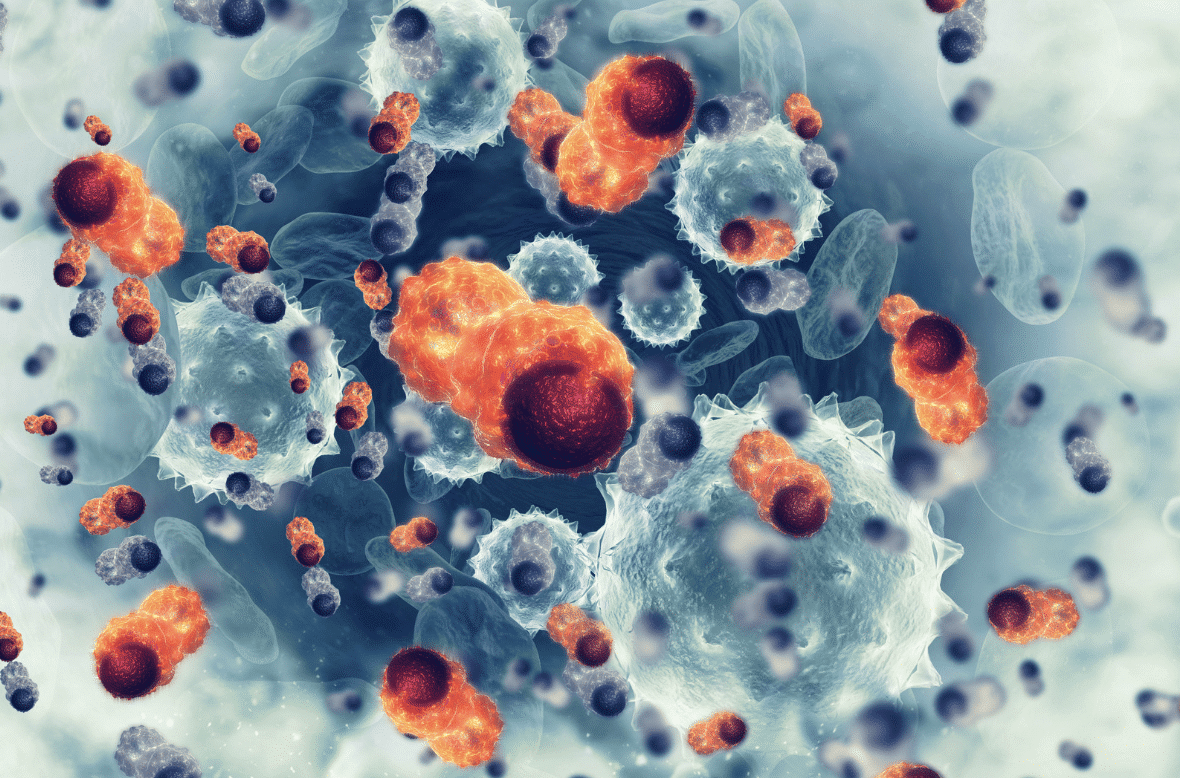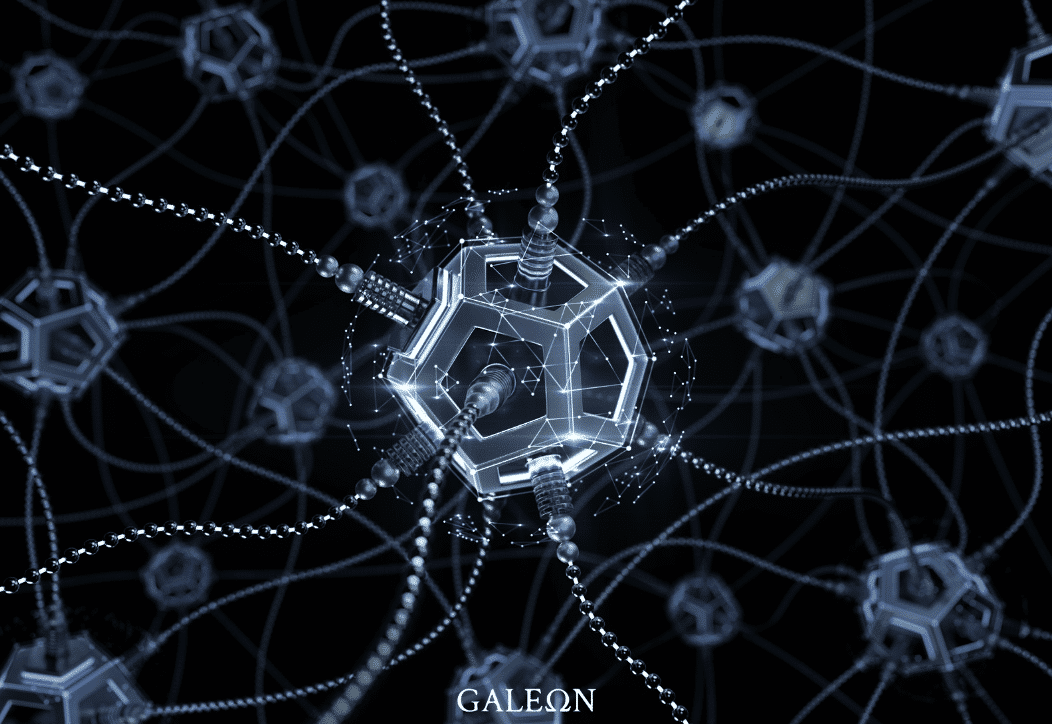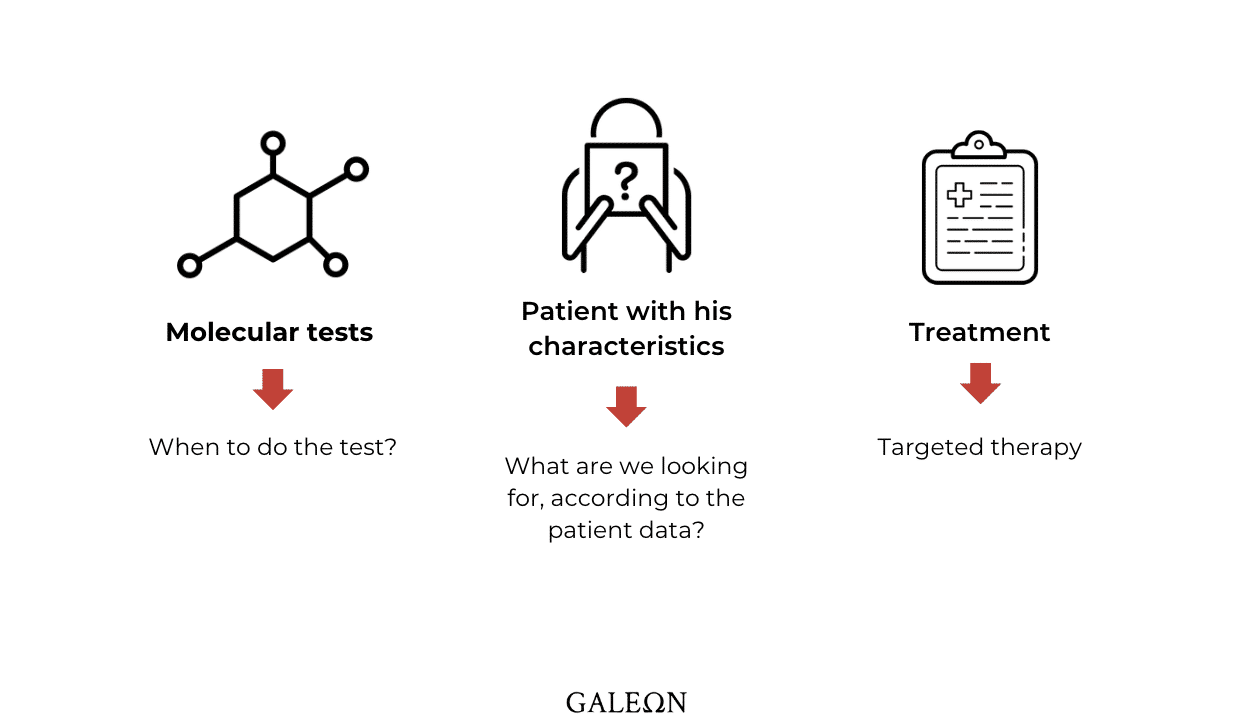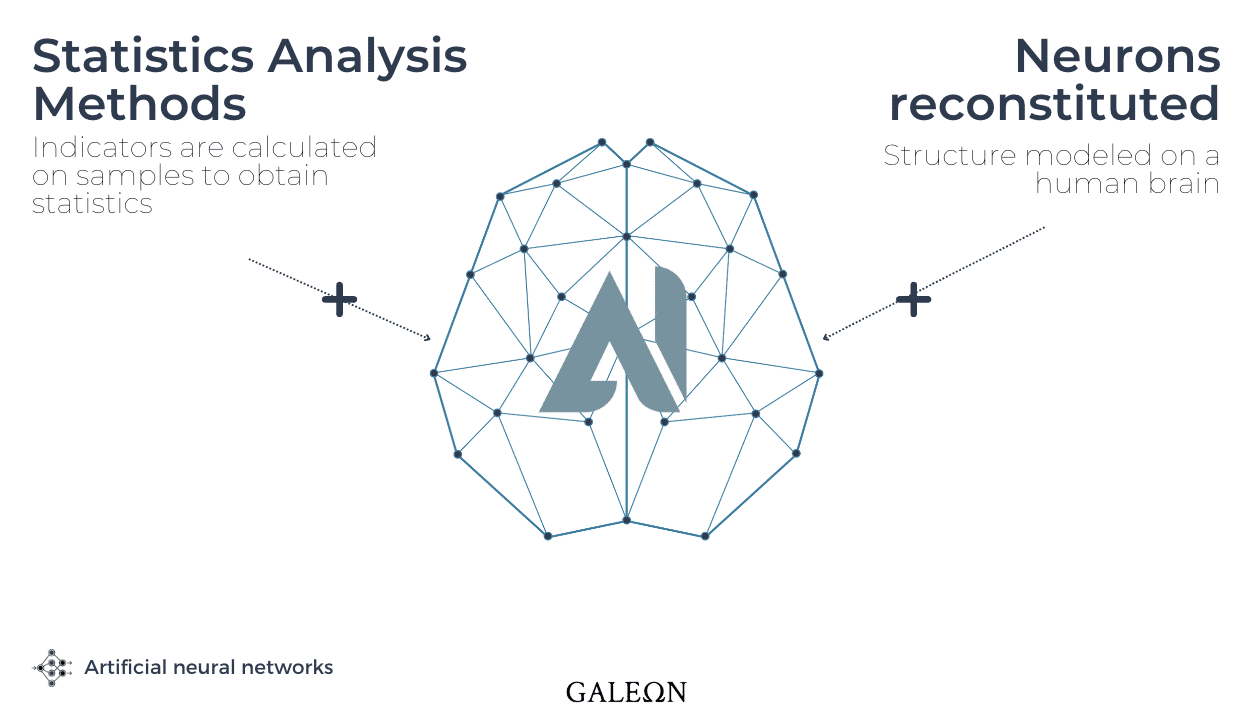Improving cancer research & treatment with personalized medicine
Personalized medicine, an effective technique in oncology.
Ethymologically speaking, oncology comes from the Greek "onkos" meaning bulk, mass, tumor and "logie" meaning study.
Bulk, mass, tumor...etc.
Words that symbolize disorder, excess, invasion of an organized space. Finally, the definition of what cancer is.

At the same time, we have access to more and more tools to analyze patient data. A lot of data, so much so that it becomes difficult for us, as human beings, to conduct effective research.
Why not use artificial intelligence (AI) to facilitate the work of health professionals, researchers, etc.? Thus, perhaps we would see more in this obscurity?
Oncology or cancerology is the medical specialty that studies cancer in its entirety.
It just so happens that personalized medicine has been proven to be effective in the treatment of cancer patients.
Combined with technological innovations using AI, this medicine could be a great change. In particular, it could change the way patients are treated.
So how does AI give a new lease of life to personalized medicine for cancer patients?

PART 1 - personalized medicine and IA IN ONCOLOGY
A/ PERSONALIZED MEDICINE IN ONCOLOGY
In oncology, personalized medicine consists in adapting treatments and care paths according to the characteristics of patients and their diseases.
One of its many advantages is to avoid testing several treatments on the same person before finding the most appropriate one.
How does personalized care work in practice for cancer patients?
Each patient will undergo a series of molecular tests*.
*Molecular tests are based on the concept of biomarkers. In this context, pieces of tumor tissue will be taken.
All of this takes place in a very precise order, by evaluating the period when the samples are taken.
Once the tests have been performed, what can be done with all the data?
- One could limit the study to the patient concerned only
- You could also process the data by comparing it with all the other patients with similarities
Let's choose the second technique.
The problem is that it is necessary to process these data and to sort out the useful information from the unuseful ones, among a large and diversified panel.
This is where AI comes in.
B/ IA IS ESSENTIAL TO THE PROGRESS OF PERSONALIZED MEDICINE
AI is a broad concept that encompasses a number of technologies.
These technologies bring innovation and can be used to optimize or improve our daily lives.
In the field of health, we can see the development of machine learning capable of detecting diseases based on biomarkers.
Others use AI technology to allow the printing of cellular tissues in order to perform skin grafts for example, or even organs. This is called 3D bioprinting.
In short, innovation never ceases with regard to AI and there are countless techniques used in the service of health.
In oncology, researchers are interested in what is called artificial neural networks.

PART 2 - ARTIFICIAL NEURAL NETWORKS IN PERSONALIZED MEDICINE
A/ THE CONCEPT OF ARTIFICIAL NEURAL NETWORKS
In its somewhat technical definition, the concept of artificial neural networks is based on the design and structure of our biological neurons, while integrating a statistical method*.
*Statistical method: at the entrance of the network, the AI has several patient cases, each including personalized data, as well as the answers to be given.
Then, the algorithm will process all these cases to determine what conclusions to draw, what questions to ask, etc.
In other words, we are faced with a cutting-edge technology, which uses the architecture of our brain while adding a function that is to answer questions from the data collected.
Something that our human brain could not afford. At least, not to a great extent.
This is the very concept of machine learning: to record a certain amount of data from example cases, symptoms, in order to produce reports.
Thus, by processing all these very specific data, the artificial neural network is able to go even further in its analysis.
It asks the right questions.

Buy your first crypto easily with Galeon
B/ A hope for cancer research
Therefore, in cancerology, developing such neural networks would allow to :
- prevent, by identifying people at risk and precancerous cells
- diagnose at a much earlier stage, with other types of AI such as those linked to medical imaging
treat, - adapt treatment and predict therapeutic response,
- and even identify new molecules.
Especially since we have never had so much data at our disposal (e.g.: connected objects (IoT), medical imaging, diagnosis and research, etc.).
This change could be decisive in personalized medicine and in the fight against cancer.

PART 3 - DEVELOPMENT OF A "DIGITAL TWIN
The concept of Digital Twin is similar to the fact of recreating an entity, a system, in a digital form.
In this case, the digital twin of a patient with or without cancer.
The idea? with all the data that will have been processed upstream by neural networks and AI, it will be possible to establish our "physiological and biological" portrait in digital form.
As if you were looking at yourself in a computer screen, and in addition to seeing your reflection, you get all the data related to your general health.
In this way, it will be possible to carry out tests, comparisons of analyses previously carried out, and this, directly through these digital twins.
All this by comparing with other patients with the same characteristics.
In the long run, this would allow better targeting of evaluations, saving time on diagnoses for both the patient and the health professionals.

Conclusion
Finally, it is by using these new technologies, and in particular AI, that we can hope to move towards a personalized medicine that takes into account the characteristics of each individual.
The idea is always the same: to structure patient data in order to perform detailed analyses.
Of course, the human brain is essential to develop all these innovations.
However, we must also accept the fact that humans cannot do everything.
Taking advantage of AI and these technologies could eventually allow us to prevent, diagnose and treat cancers more effectively.
Not to mention the whole field of medical research that uses increasingly powerful statistical tools to analyze patient data.